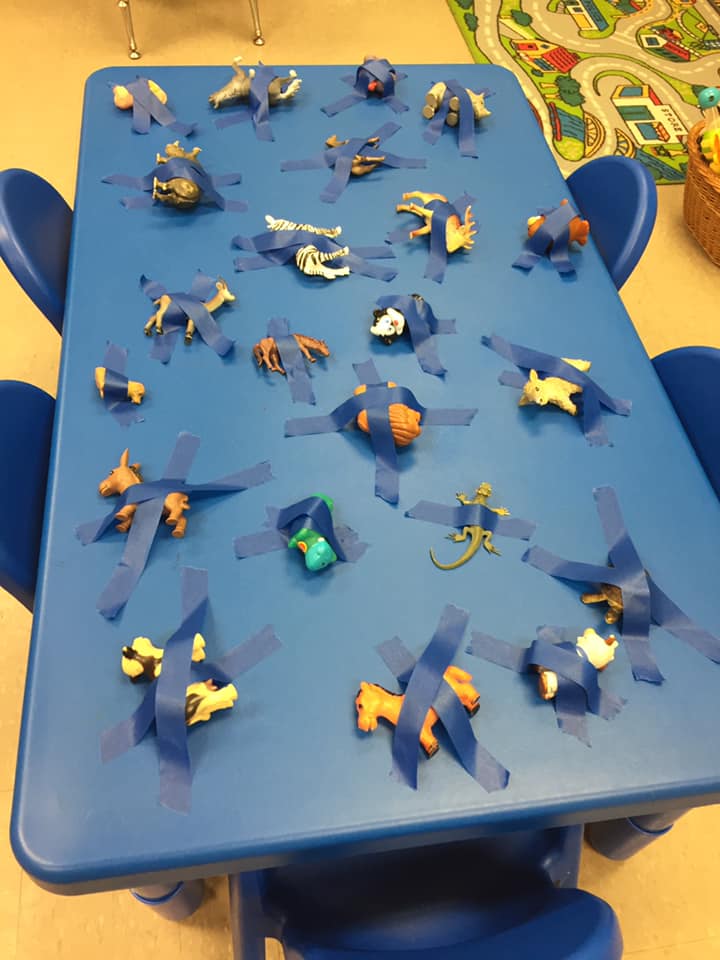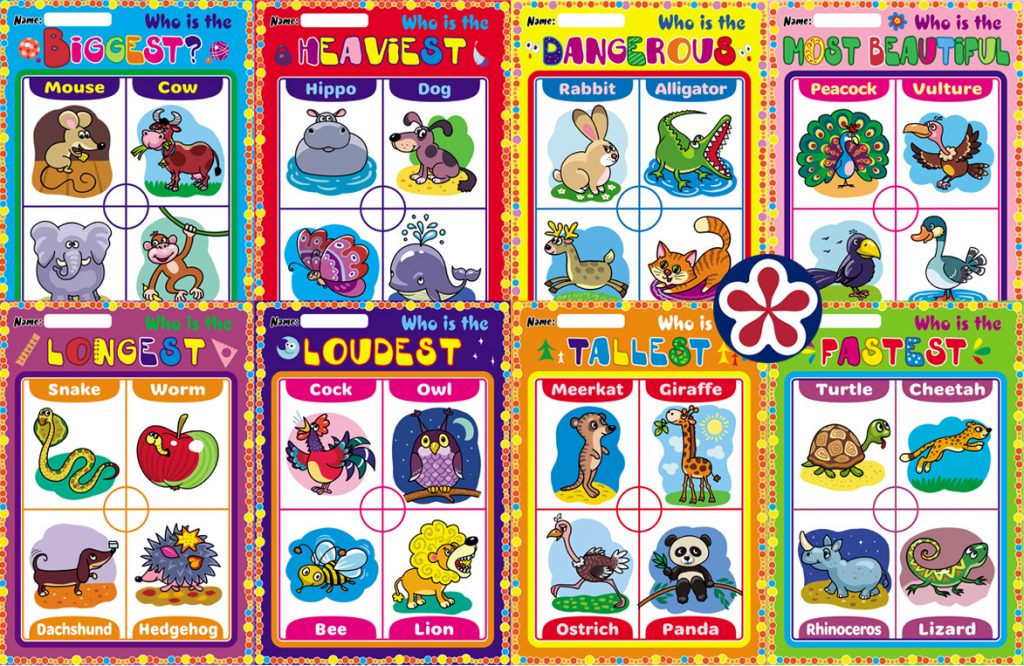ashish mishra
Animal Idioms - its about animal idioms that can be learnt in class
Eagle eyes
Meaning: Have excellent vision, or watching something very closely, not missing a detail
This animal idiom is similar to “watching like a hawk,” but when someone says “eagle eye,” they may not be referring to catching someone in the act of doing something wrong. If you have an eagle eye, it means that nothing gets past you because you are very focused on details.
Example: The teacher goes over the tests with an eagle eye.
When baby ducks walk behind their mother, they’re often in a straight line or “in a row.”
If someone is telling you to “get your ducks in a row,” it means to straighten up and it usually refers to a project or task.
Example: I’ll be reviewing things to make sure you have your duIf someone or something is being used as a “guinea pig,” they’re being used as a test subject. It can be figuratively or literally. The origin of the phrase likely comes from the practice of animal testing, as guinea pigs are small rodents similar to mice and rats.
Example: We’re conducting a study and we’re looking for volunteers to act as guinea pigs.
cks in a row.
Have you ever seen an old Western movie where the cowboy pulls back on the horse’s rein to slow down or stop? That’s the image in mind with this idiom. Also, if someone says “hold your horses,” they’re also telling you to “wait a minute.”
Example: Hold your horses! There’s no need to rush.
If you have the “pick of the litter” then you have top choice, or you can get the best in the group. This phrase goes back to the early 1900s. When dogs or cats produce offspring, the puppies or kittens are called a “litter.” To give someone the pick of the litter, you’re offering the best puppy or kitten.
Variations of this phrase include “pick of the basket” and “pick of the market.”
Example: All the boys want to take her on a date, she can have the pick of the litter.











